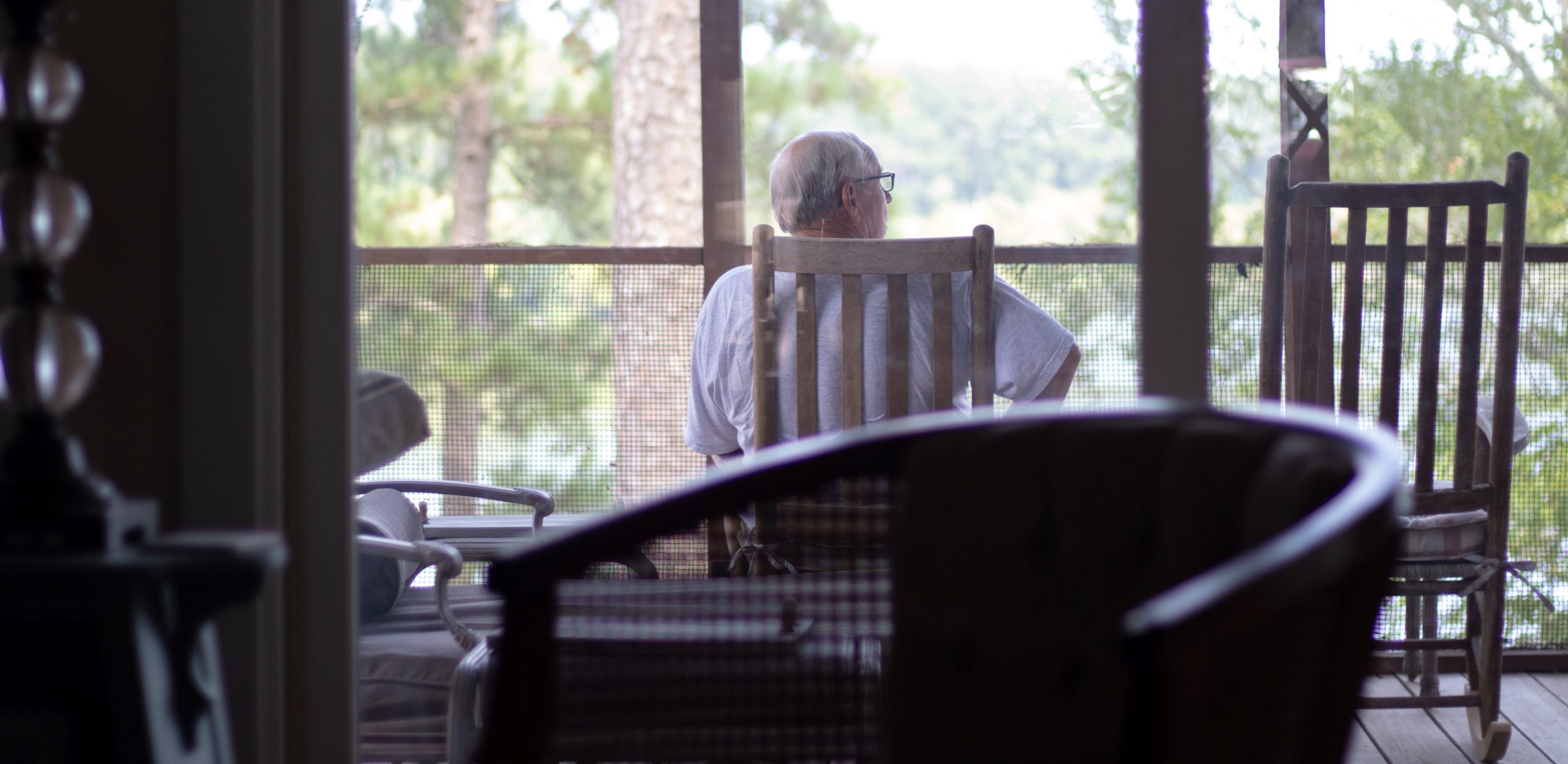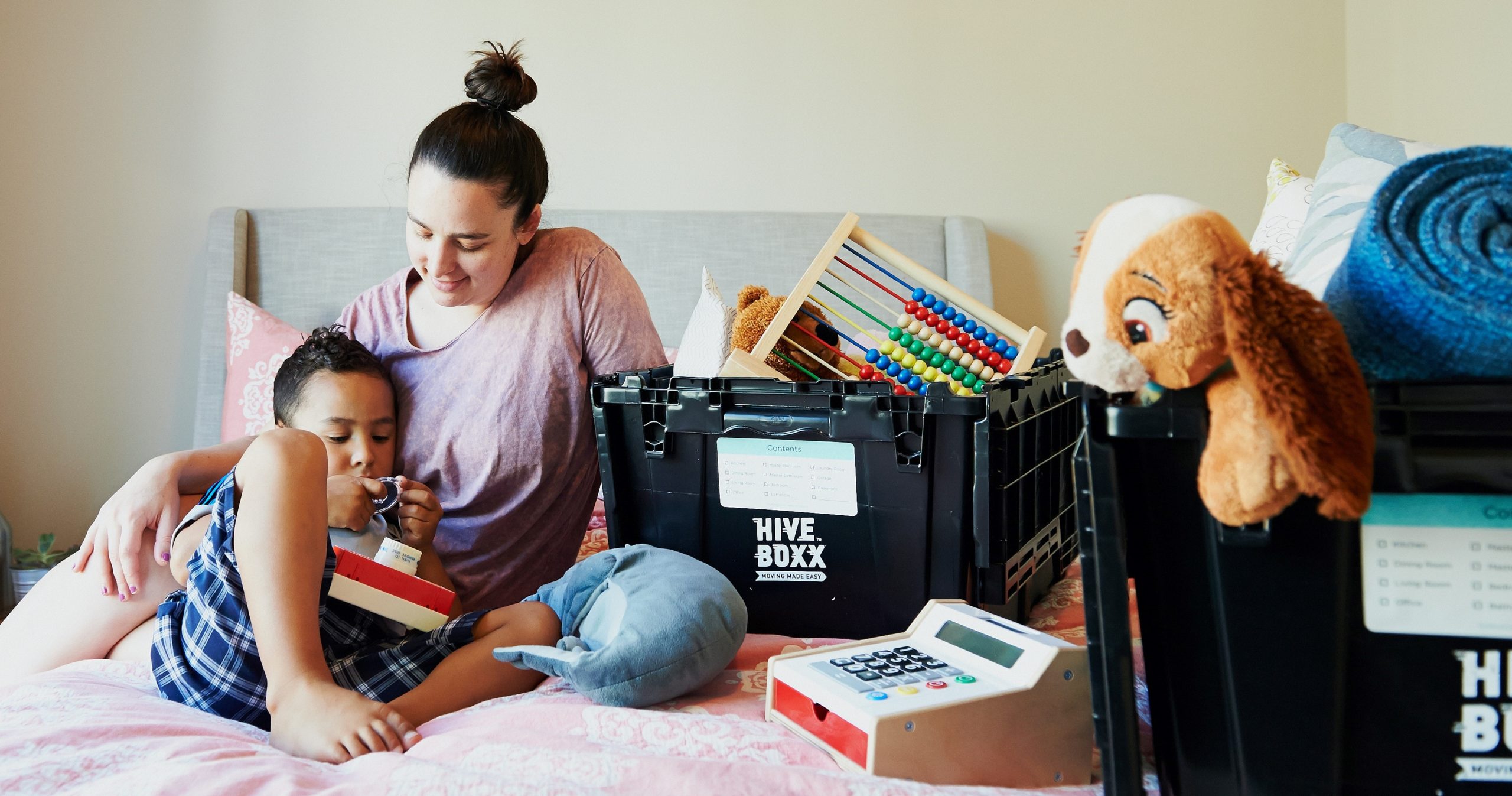
by rossanahead | Mar 9, 2012 | career, children, Education, family, grandparenting, woman
By Jane Santos-Guinto
It was my grandfather Lolo Manny who taught me how to read. He was a journalist for the South China Morning Post, one of Hong Kong’s two largest English newspapers at the time. But on weekends, he would teach me the rudiments of consonant-vowel-consonant blending.
Lolo comes from a family of educators. Both his parents were public school teachers in Agusan del Norte, a province in Southern Philippines. Up until her death in the 1970’s, his mother Lola Victorina was the Dean of the Northern Mindanao Colleges. Dean Francisco Benitez of the University of the Philippines and Sen. Helena Benitez of the Philippine Normal University are distant relatives.
Lolo taught himself how to read when he was barely four in 1938. By eight, he had already read Shakespeare’s entire collection, all volumes of the Encyclopedia for Children, and the Bible. World War II had broken out and children could not go to school, so Lolo Manny took care of his own education. “There was nothing else to do but read,” he would tell us his grandchildren later.
Ironically, Lolo never completed his formal education. He had married quite young, at 20, and when one child came after the next, there really was no time to study. But because he was exceptionally bright, having been a consistent honor student and later a top-scorer in the Civil Service Exam, he went on to have a career that many would consider stellar.
For a while, he taught in a public school like his parents. But when there were too many mouths to feed out of a teacher’s pay, he went to Manila and tried his luck in his real passion—writing. He wrote for the Times Journal with some of the country’s most noteworthy newsmen. At times, it still amazes me to find out whom he had worked with. In 1967, he became the first Filipino journalist to be sent by a local newspaper to Cardiff, England for a certificate course in journalism. For a time, he was one of the writers of Sen. Benigno Aquino Jr., one of the country’s most prominent heroes.
During Martial Law in the 1970’s with eight children, Lolo grabbed the opportunity to work in Hong Kong. This is where he mastered his craft for 20 years or so. And where he would tutor us his first few grandchildren in a tiny tenth floor apartment (or flat as the British-influenced Hong Kong Chinese would call it).
I don’t know if it was out of fear that I learned to read so quickly under my Lolo’s watch. After all, he had a feisty temper, one that I had witnessed on many occasions when I was young. By five, I was writing my own stories. He would bring me to company outings and introduce me to his journalist friends. Having always been on the petite side, I would stretch out my little hand to greet his British colleagues. One time, Lolo said I told them a made-up story, The Monkey and His Briefs.
In the late 1980’s, Lolo went back to the Philippines and became the editor in chief of The Manila Times. After retirement from full-time journalism, Lolo wrote chess columns for the Philippine Star and self-published a weekly chess newsletter for the players of the Quezon City Memorial Circle’s Chess Plaza. These days, he prefers to watch cable movies and exchange jokes with his great grandchild. He has survived three heart attacks and professes he has “no desire for anything else from life.”
Sometimes I wish I were a more diligent pupil; that I followed his advice to read, read, and read more. My knowledge of geography and world affairs is so poor that I squirm every time my 77-year-old Lolo asks his pop-up trivia questions. I salute the University of the Philippines for a great education, but I still feel inept in many areas. There are so many things I wish I knew more about.
I just hope that my own children would have a trickle of Lolo’s brilliance in their blood and pray every day that they would come soon enough to meet my first teacher and greatest mentor, their great grandfather Lolo Manuel O. Benitez, Sr.
Photo by Ian Noble on Unsplash

by rossanahead | Mar 9, 2012 | career, children, Education, family, Mari-an Santos, parenting, woman
By Mari-An C. Santos
Our family is not wealthy. My father is the eldest son among eight of a welder and a housewife who worked part time. Growing up, he worked many odd jobs, mostly selling odds and ends, waiting outside a different church every day, depending on whose Novena day it was, e.g. Quiapo, Baclaran, etc. My mother is the daughter of a district school
supervisor and public school principal in Mindanao. They would scrimp and save every last centavo until the next teachers’ salary came from the government, literally making ends meet for five children.
But both my parents value education. My father was a working student all his life and so, it was no wonder that he went into economics. My mother took up nursing at the advice of her grandparents and came to Manila to work. Later, they were both employed by a top multinational corporation, where they met.
My parents worked hard to send me and my sister to a school that they deemed would teach us not only the basic R’s, but also impart positive values that they too shared. We did not always have enough money to “keep up with the Joneses” at the school, but we did manage to have all the basic school supplies and participate in most relevant school activities like field trips and class projects. As a child, I did not fully appreciate why I could not afford to buy a Trapper Keeper or the latest pair of Keds or Reeboks.
It is in hindsight, of course, that everything makes sense. My father was very strict about maintaining good grades all through my grade school and high school years. He forbade watching TV on weekday nights—even going as far as locking up the TV case so that the time was devoted only to studying. When the time came after every quarter of the school year to claim the school cards, I trembled before seeing my grades. If I had a low grade or a lower grade than the previous quarter, my father would sit down with me and find out exactly what went wrong. He was tough, as most Filipino parents are, and put a great emphasis on high grades.
In grade school, I lived up to my potential and was part of what was called the “interdisciplinary classes” from fourth until sixth grade. In our school, we took an exam at the sixth grade to find out if we could go on to high school or stay one more year in grade school. I passed the exam.
In high school, I was placed in the “honors class” where we had to excel in the academic subjects. I dreaded the end of the schoolyear, as inevitably, some of our classmates were transferred to other classes. Thankfully, I graduated as part of the same class, and among the top of my batch.
In college, even though I lived near the university and enjoyed greater freedom, I found that I took with me the drive to excel in my studies. I was a college scholar every semester and I graduated cum laude. I was so proud to have my
parents on stage to award me on graduation day. It was, after all, due to their efforts that I received such an achievement.
Even when I was working, the drive that my parents instilled in me to excel was very strong. I made the most of every opportunity to learn and to be the best that I could be—whether it was as a production assistant or as a segment producer or as a scriptwriter.
When I began to pursue higher education, it was of my own initiative, not at the prodding of anyone else. I felt that I wanted to learn more and more every day. Although I had to abandon what I started when I moved from the capital city, I found more and other ways to learn from new experiences and new people I met in new places.
Now, that I am pursuing a degree with a scholarship, I value much more the good basic foundation that I have—thanks to my parents’ efforts and the education that they helped me achieve. Without such good foundation and records, how would I get a scholarship that would enrich me and fund my day-to-day expenses? That is why I strongly believe that good education is of primary importance in every person’s life, whether we can see it at present or not. The adage is true: a good education is something that can never be taken away from us.
Photo by Alex Samuels on Unsplash

by rossanahead | Mar 9, 2012 | children, Education, family, parenting
By Maridol Rañoa-Bismark
It was John F. Kennedy who said that “a child miseducated is a child lost.”
That’s why we parents work ourselves to the bone to give our child the best education we can afford. Let’s face it, good schools – with the exception of state-run universities where admission is tough – cost a lot. But most good things do. After all, a good education, unlike a house and lot, jewelry, and the most expensive car, cannot be stolen. It stays with you forever. You can even pass it on to your children, and they can pass it on to the next generation. It’s an heirloom of a different, more lasting kind.
How many humble men have triumphed from poverty because they refused to accept their lot and sought good education as a way out of dire straits?
Former presidents Ramon Magsaysay and Diosdado Macapagal were born poor, but they worked hard at getting the education that helped make them the top officials of the land.
The father of Sen. Manny Villar, one of the richest men in the country, got a job promotion after he got a year-long scholarship for higher education in the U.S. The senator himself returned to his alma mater, the University of the Philippines, for a Masters degree in Business Administration.
Eight-division world champion and Sarangani congressman Manny Pacquaio dropped out of high school because of poverty. However, he took the high school equivalency exam that made him eligible to go to college. He is now taking up Business Management.
Manny is already on top of his game. He has everything. But he knew that getting a good education is one way of improving himself. Education, after all, as Aristotle says, is the mother of leadership. And a resume studded with degrees from reputable schools is a sure passport, not just to a job, but to a respectable position in any company.
In these tough times when competition for jobs is very keen, a degree from a good school is crucial. It will spell the difference between getting a job and staying at home, waiting for that all-important interview. It will distinguish the productive from the non-productive; the esteemed individual from the so-so. The productive ones lead more meaningful lives. They are happier since they contribute more to society. The non-productive ones turn drifters; neither here nor there in a world that’s already confusing as it is.
The choice is ours. Do we let our children’s minds go fallow by giving them education that is less than what they deserve? Or do we develop their rich imagination and quench their thirst for learning by giving them good, priceless education? Just as important, do we develop in them a love for learning that will stay with them, even after they’re done with college and earning well?
For those of us who want only the best for our children, there is no choice. It’s good education–and a love for learning–or bust.
Photo by Aaron Burden on Unsplash

by rossanahead | Mar 9, 2012 | children, Education, family, parenting, Ruth M. Floresca
By Ruth Manimtim-Floresca
One of the many things I thank my parents for is making sure my siblings and I finish college. Like my Nanay and Tatay, I believe that having a good education is a big factor in a person’s future. That is why my husband and I also dream to see our sons get good jobs or put up a thriving business someday so they can, in turn, be able to raise their families well.
Having knowledge about many things can help a person make good choices because decisions should be made after all angles are considered. This is not always possible if one has limited information. Sure, we don’t, and won’t, learn everything in school. But going through a structured educational system at least guarantees you won’t miss out as much compared to those who didn’t go to school at all, or stopped going to school earlier than they should.
Among the various advocacies I support, I particularly have a soft spot for children’s education. Hubby and I sponsor a child each through World Vision because we’ve seen how our donations, no matter how small, are making an impact in the lives of two children, their families, and their communities.
I am optimistic that if only every Filipino child, the leaders of the future, could have a good education, our country would have a brighter tomorrow. Of course, included there should be good values that will also give them the heart and compassion to help others, not just themselves, when the right time comes.
This March and April, three of my sons are graduating from elementary, high school, and college. I feel this sense of joy and accomplishment for getting them through this far. I know, we still have a long way to go but the foundation is already there. And I will continue supporting my kids as much as I can in reaching their full potentials by making sure they all finish school and improve their chances of having the good lives every parent dreams of for their children.
Photo by HiveBoxx on Unsplash

by rossanahead | Feb 19, 2012 | career, children, Education, family, parenting, woman
By Maridol Rañoa-Bismark
What do you do when you have to rush to work in the morning, beat deadlines in the afternoon, and get home ready to drop at night? Certainly not end the day without checking on your child whether he’s a tyke, a teenager, or a college-age young man like mine.
Sharon Cuneta’s commercial about coming home at night and checking on her sleeping children still strikes a chord in my heart, even if it’s been off the air for quite some time. It’s not that I harbor any illusions of being a Megastar; certainly not. It’s just that it paints the perfect picture of my life these days, so crazy that I can’t even catch my son while he’s awake.
How do I squelch the guilty feelings threatening to kill me with visions of a youth gone wild? By driving my son wherever he needs to be, that’s how.
In the mornings, I drive him to school. On weekends, I repeat the ritual when he has to go to a debate tournament or a required school event.
Trapped in the confines of my trusty vehicle, I strike up a conversation with my son. The poor guy—even if he’s about to nod off to sleep—responds. Never mind if it’s a vague “It’s OK” to my question about how the school fair went. That’s enough for a mom like me who’s anxious to connect with her son.
When I’m lucky, my son’s sentences are longer; his replies more colorful. He lets me into his world—a world where an older cross-enrollee acts like a know-it-all, making everyone snicker, and where teacher jokes rule. I feel like I’m part of a secret society where sorrow and laughter are shared. For a while, looming deadlines recede and the pressure of having to deal with rushed ideas fade. I am in a faraway land with my son—a land where life is simpler and I don’t have to deliver numbers to survive. It’s a breather in my hectic pace, a good rev-up for a brand-new work day.
Now you know why I won’t give up those morning drives for anything in the world except, perhaps, for a big breaking story. Our moments of bonding moments make me more human in the dog-eat-dog world I step into every working day. I remember what life is all about: feeling, sharing, being human.
Thank you, Ben, for making your harassed mom less of a monster and more of a human being through the years.
Featured Photo Courtesy of Cars Website





